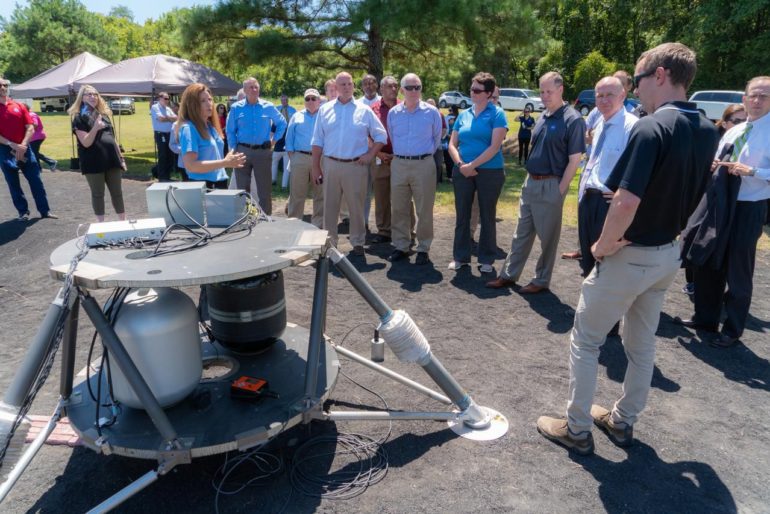Ever wonder what all those scientists and computer gurus really do in Alabama’s “Rocket City” of Huntsville? That is, what are their projects beyond the well-publicized missions like getting Americans back to the Moon and defending against missiles that fly faster than sound.
NASA awarded Phase 2 Small Business Innovation Research grants last week, and they show the city’s character as well as anything, perhaps. These are small businesses like dozens of others in town whose typical day at the office, well, isn’t that typical.
So, what are they working on now worthy of a six-figure NASA check? Among other things:
1. A way to 3-D print “extremely fine meshes” that can fit inside rocket engine fuel injectors. These meshes would lower the cost of a key piece of rocket engine technology, and ASRC Federal Astronautics is the company working on this.
2. A way to model the risk of landing on another world caused by the violent interaction of a rocket engine’s plume and the dust and debris on the alien surface. The solution starts with understanding exactly what is dust and what is exhaust in the roiling cloud, and the answer could lead to the difference in a safe or dangerous landing. CFD Research Corp. is working on this project.
3. A way to improve the electronics on fission power systems to make long missions to deep space safer and more able to survive extreme heat and radiation. This could be a so-called “cross-cutting technology” that helps all American missions in space. CFD Research Corp. is also working on this project.
4. A simple, retractable solar array for use on the Moon. Solar arrays are the most popular power source for spacecraft, and improvements to their design always catch NASA’s eye. This proposal seeks to develop a simple, reliable, relatively low cost and reusable array. It would also be modular so that units could be put together to meet future power needs on the Moon’s surface. Nexolve Holding Company is working on this project.
5. New fuel for nuclear thermal propulsion. More efficient rocket engines are a key to missions to distant Mars, and low enriched uranium is considered a key fuel option. For technical reasons, that fuel needs a metal coating, and a Huntsville company is working to produce that coating. Once developed, scientists believe it also can be used in the medical, power, electronics, aerospace and chemical industries, among others. Plasma Processes LLC is working on the project.
Thirty American states received NASA Phase II small business innovation awards, but only seven had more than Alabama. Among Alabama’s neighbors, Georgia had one award, Tennessee had three and Florida had five.

